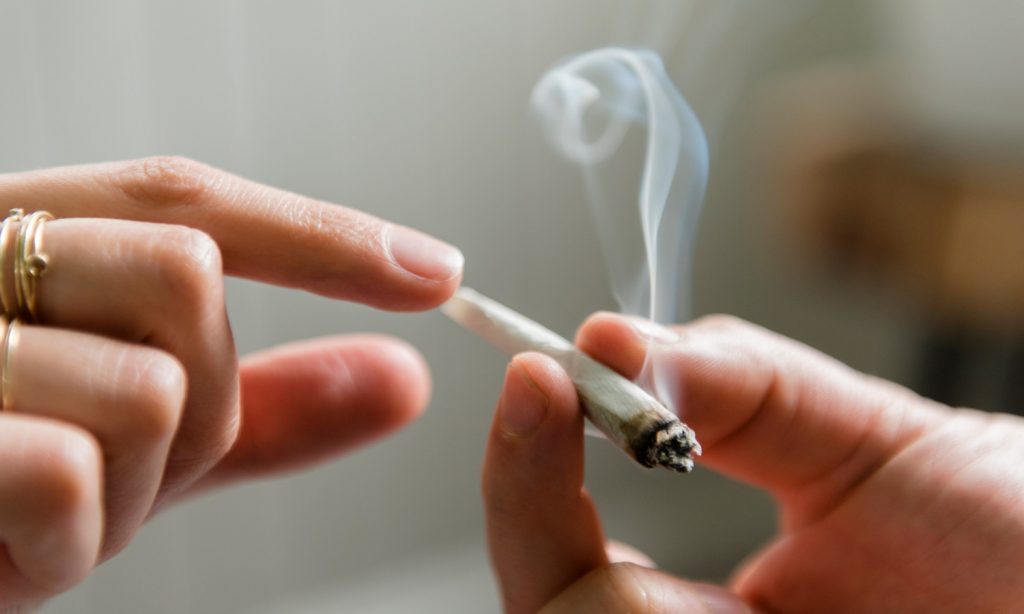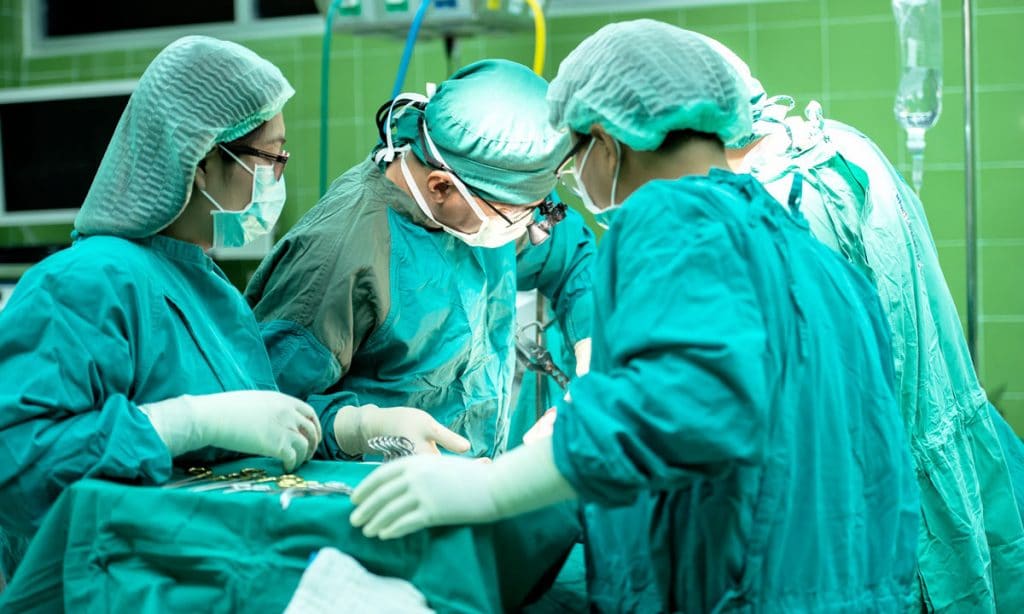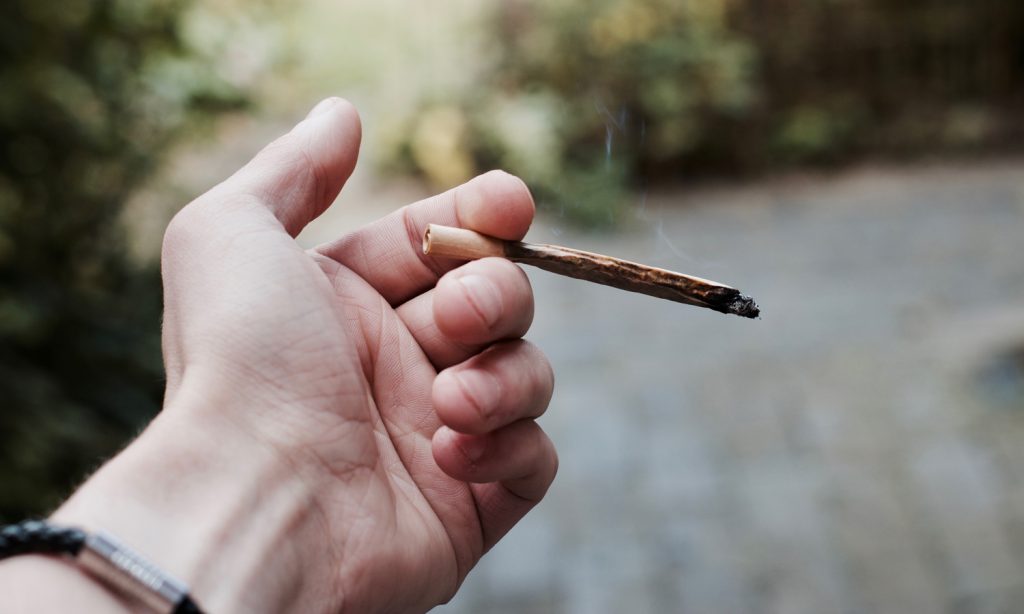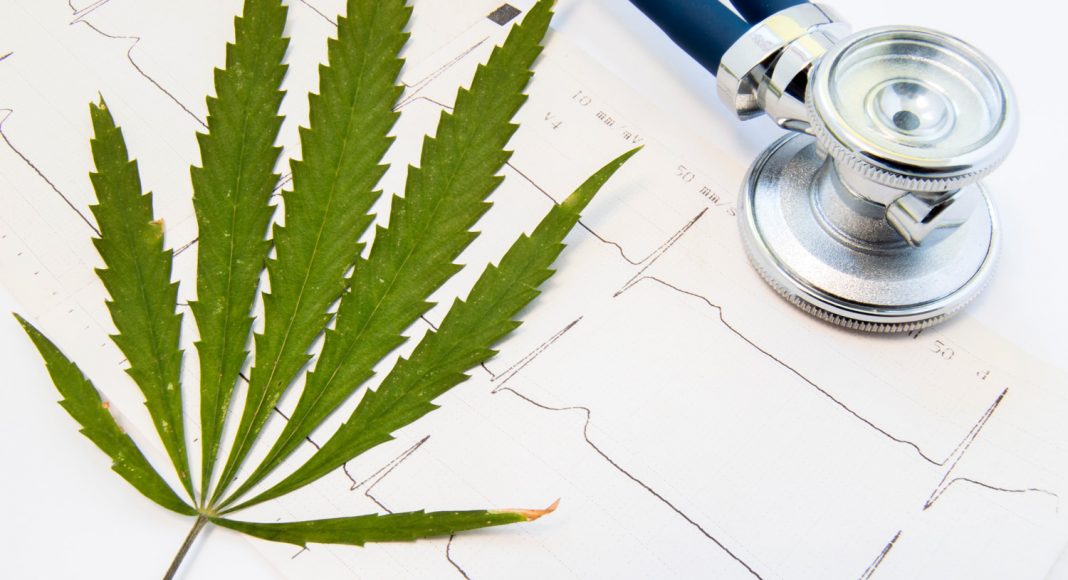Before you consume marijuana to calm your nerves, here are three things you should know before undergoing surgery.
The Fresh Toast – It can a bit nerve-racking to go under the knife, so he is what you should know about surgery and marijuana use.
There are few life events as anxiety-inducing as going into surgery. From the fear of anesthesia to time spent in recuperation, the thought of being put under can cause even the most mellow to seek a way to lessen the stress that surgery can bring.
Managing stress and readying for surgery can seem arduous. Luckily, research isn’t suggesting patients need to quit cannabis all-together, but it does recommend leaving some time between consumption and surgery for better health effects.
Here are three things to know before surgery when you’ve smoked or ingested cannabis:
(1) Marijuana users could need more sedatives than non-users. Kaiser Health News reported that a small study in Colorado found that marijuana users required more than three times the amount of the sedation medicine Propofol. (2) Smoking cannabis seems to increase sputum, which may lead to an increase of mucus or fluid inside the mouth. More mucus than saliva, sputum can increase risks and complications during the procedure and after.
(3) While tempting, indulging in marijuana immediately before surgery can cause vasodilation, wherein blood pressure can fall, due to blood vessels relaxing.

With all the variables of anesthesiology, having a candid conversation with your care team can ensure the best outcome. The American Society of Anesthesiologists (ASA) states that since marijuana has a sedative effect on the body, it’s always a wise idea to share with your care team if you’ve used edibles, smoked or ingested cannabis before surgery.
RELATED: Should You Tell Your Anesthesiologist About Your Marijuana Use?
Many providers ask patients to stop smoking marijuana 12-hours before and to refrain from ingesting edibles at least 4 hours before. New research is showing that cannabis use after surgery can help alleviate pain and bring better healing not only of the body but of the spirit as well.
“Using cannabis right before surgery may add strain to the heart, which can elevate the risk for heart attack or stroke. While we don’t know all the risk factors present with cannabis, we do know that great conversations can lead to better patient experiences.” – Michael Philbin, MD
Dr. Michael Philbin at Edina Plastic Surgery in Minnesota believes “Cannabis use is so common that many providers are no longer phased by its mention.” He supports dialog between doctor and patient that eliminates the stigma around discussing cannabis; to focus on the patient as a whole. Philbin also advocates strongly for open communication between patient and doctor explaining, “Having a conversation about the right waiting time for using marijuana before surgery (and after) can be determined during a pre-surgery check with your doctor.”

Cannabis over opioids: Better options are becoming available
One bright spot is that many recent studies are finding cannabis is a great alternative to opioids for long-term pain or those in rehabilitation after surgery. A recent study published in the U.S. National Library of Medicine and National Institutes of Health found that cannabis offered patients a better experience over opioids.
RELATED: Consumers Are Replacing Pharmaceuticals With Medical Marijuana
Published in 2017, the analysis found that, “Respondents overwhelmingly reported that cannabis provided relief on par with their other medications, but without the unwanted side effects. Ninety-seven percent of the sample “strongly agreed/agreed” that they can decrease the amount of opiates they consume when they also use cannabis, and 81% “strongly agreed/agreed” that taking cannabis by itself was more effective at treating their condition than taking cannabis with opioids. ”

Another study found that harm-reduction was evident when marijuana was combined with opioids, lessening both doses of heavy narcotics, side effects, and the possibility for addition. Presented at the American Society for Pharmacology and Experimental Therapeutics annual meeting in 2019, Vanessa Minervini, Ph.D., found that not only did cannabis help enhance pain-relief aspects and that when combined, the participants had better healing.
When discussing cannabis with your doctor, keep in mind that many medical professionals are in-tune with the growing need for alternatives to pharmaceuticals. Having early and often discussions around how best to manage your care before surgery, and after can help you feel empowered and knowledgeable about your care.


